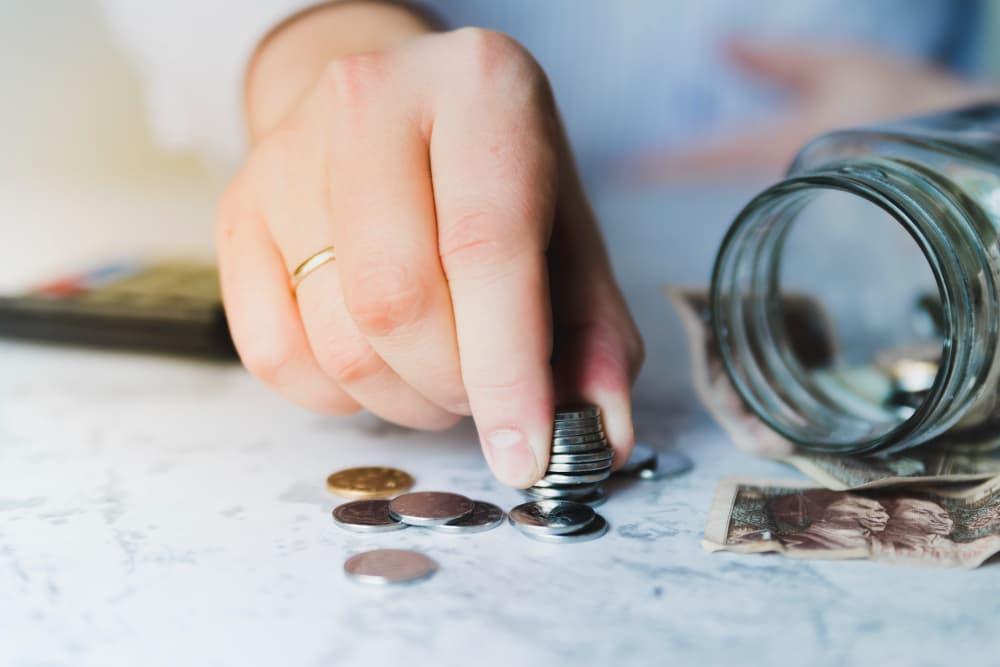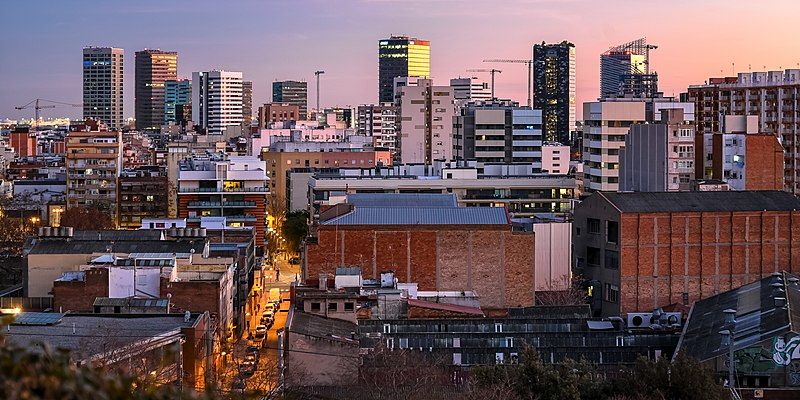How to save on gas

Do you want to save on your gas bill but don’t know how to? You can start by following a series of tips and recommendations at home. Remember that according to global estimates, rising electricity and gas bills are inevitable for the foreseeable future.
Why are gas bills increasing?
One of the consequences of the Ukrainian war is the rise in gas and electricity bills. This is because Russia is Europe’s main gas supplier. 41% of Europe’s imports come from this country, which is now at war. But, in addition, Ukraine is a country that, thanks to its geography, hosts a large part of the pipelines that carry natural gas to continental Europe.
Due to the war and the instability that comes with it, the disruption of supply causes prices to soar. This is reflected in consumers’ bills. According to experts, this could remain at an average of 106 euros per month, but could rise to 200 euros per month in the worst case scenario. This data, compared to the 2021 pre-war average, shows that natural gas would rise by between 77 and 227%. These calculations, carried out by the Consumers and Users Organisation, have been made based on an average household’s gas consumption using 9,000 kWh for heating.
How to save on your gas bill
One of the biggest concerns in households is not only saving on electricity or water, but also on the natural gas bill. Without a doubt, one of the main reasons why your energy bill increases considerably is heating. Follow these tips to use gas responsibly to help both your finances and the environment.
Keep the temperature at 20 degrees
To save money, the most advisable thing to do is to reduce the temperature, so that you are not cold but it does not feel like summer inside your home. Setting the thermostat to 20°C is more than enough. It is better to maintain a constant temperature throughout the day than having the heating on at certain times.
Clear the radiator area
It is also very important to keep the area around radiators and fireplaces completely clear. Avoid heat sources being obstructed by furniture, as this can cause heat to be trapped and the room to not feel warm enough.
Switch to a smart home!
New technologies can also be a good way to save on your gas bill. That is why signing up for home automation is a good idea. This means making your home smart so that you can control it with your mobile devices or so that the house itself knows when the room is warm enough to turn the heating off.
Smart thermostats are part of home automation. Investing in these devices will allow you to regulate the temperature of a room, but also program the heating to turn on or off when you set it to do so. The smartest devices include Wi-Fi, so you can control them from your mobile phone. Even if you leave home without turning off the heating, you can turn it off!
Maintaining radiators?
You probably didn’t know this but radiators also need maintaining to conserve their efficiency. This is important because, if efficiency drops, then the consumption of the radiators increases and, consequently, your bill. To keep a radiator in optimum condition you must:
- Clean it by bleeding the circuits. This removes the air inside.
- Check the water pressure.
- Check if the radiator is leaking or not.
- The radiator cap seals must always be dry. If they are not, then you will need to replace them.
Hot or cold water?
Of course, you will probably want to use warm or hot water for showering, but don’t use high temperature water for everything. For cleaning and laundry, it is best to use lukewarm water, except in some cases such as washing sheets at 60ºC or removing stuck-on grease from kitchen pots and pans. If you regulate the temperature for washing the remaining dishes and clothes, you will not only save on gas, but also on electricity.
Moreover, when you have finished washing up, it is best to always turn the tap to the right-hand side. Why? Because if you leave it on the left side, which is the hot water side, every time you turn on the tap the boiler will kick in, which increases your bill.
Watch out in the kitchen!
You also use gas and electric in the kitchen, so it is good to take certain measures:
- Always use the microwave instead of the oven, where possible.
- Avoid opening the oven while it is being used.
- Use residual heat from the oven to finish cooking food.
- Use residual heat from the oven, which heats the room, to eat there and avoid using radiators and heaters.
- If you cook with gas, make sure that the flame does not come out over the sides of the pan.
- Cover pots and pans to take advantage of the heat, whenever possible.
Ventilate the house
The house is usually ventilated in the morning, but during winter it is best to ventilate at the hottest time of the day. This way you won’t lose too much temperature through ventilation and, consequently, you won’t need the radiator as much to recover the heat. Try to keep curtains drawn and blinds raised to allow natural light to reach the inside. At night, lower the blinds completely to keep the room warm.


